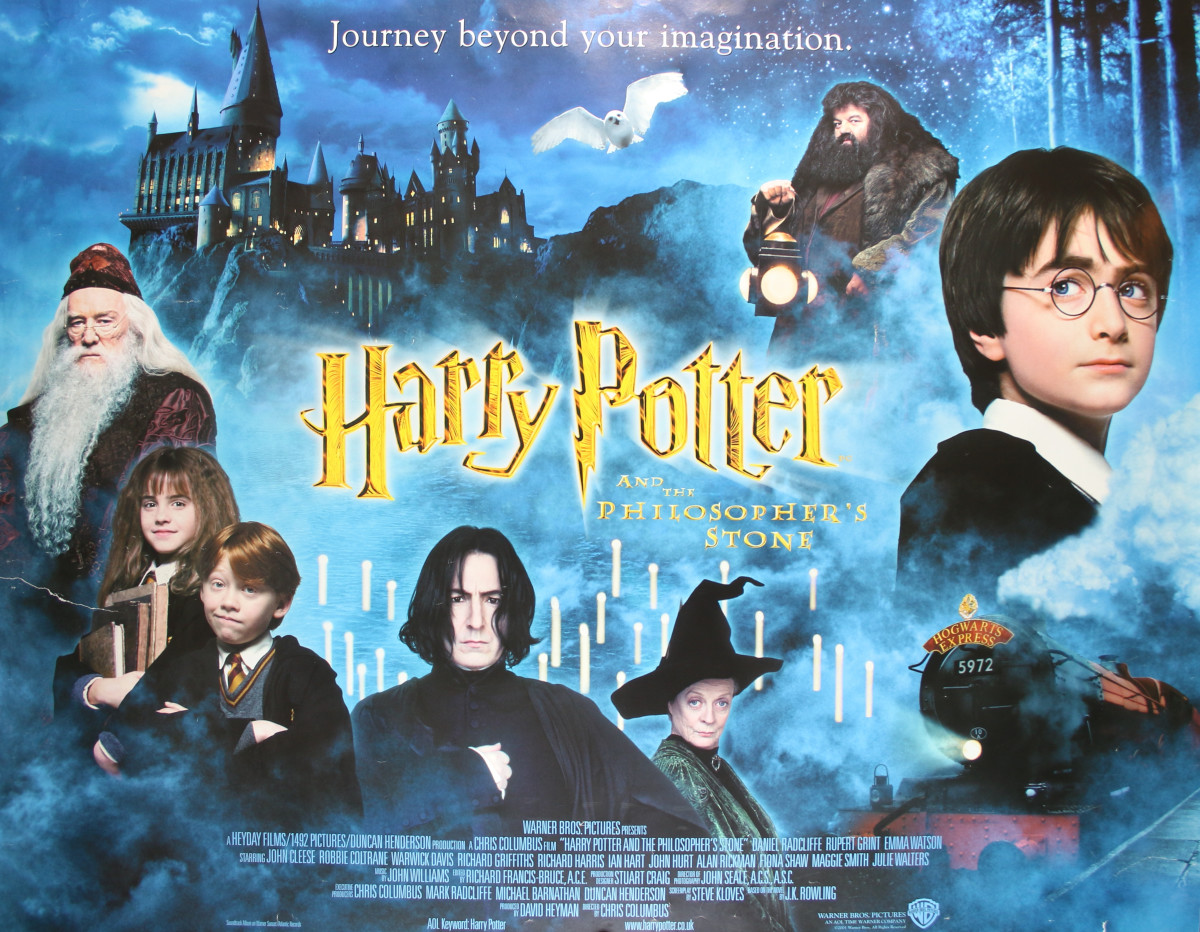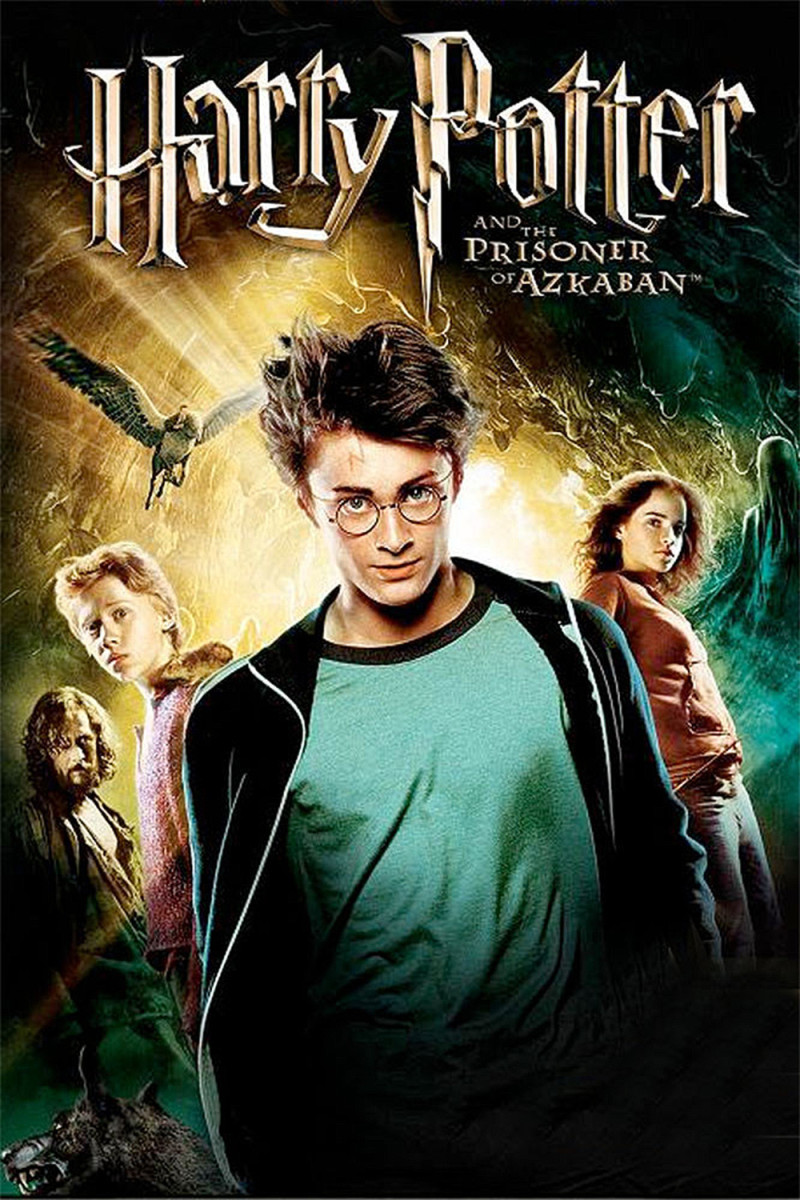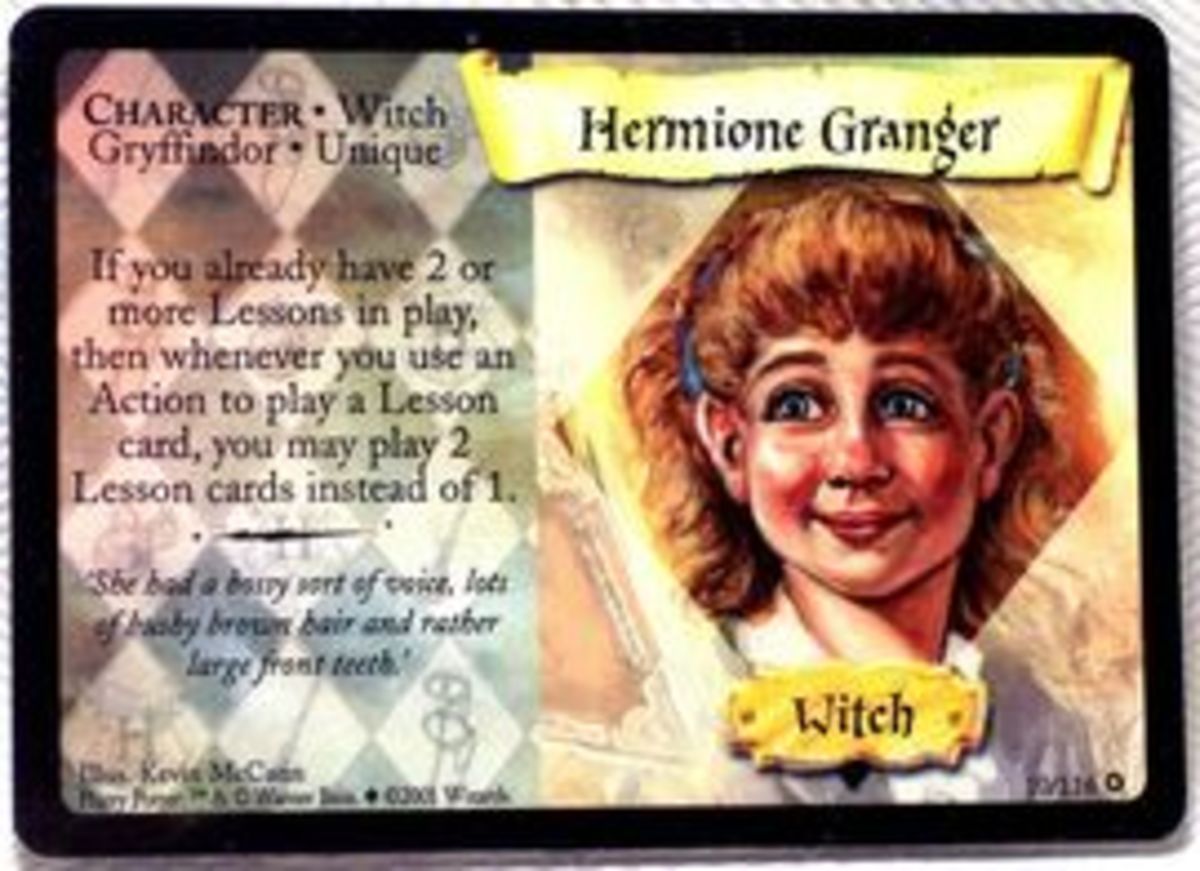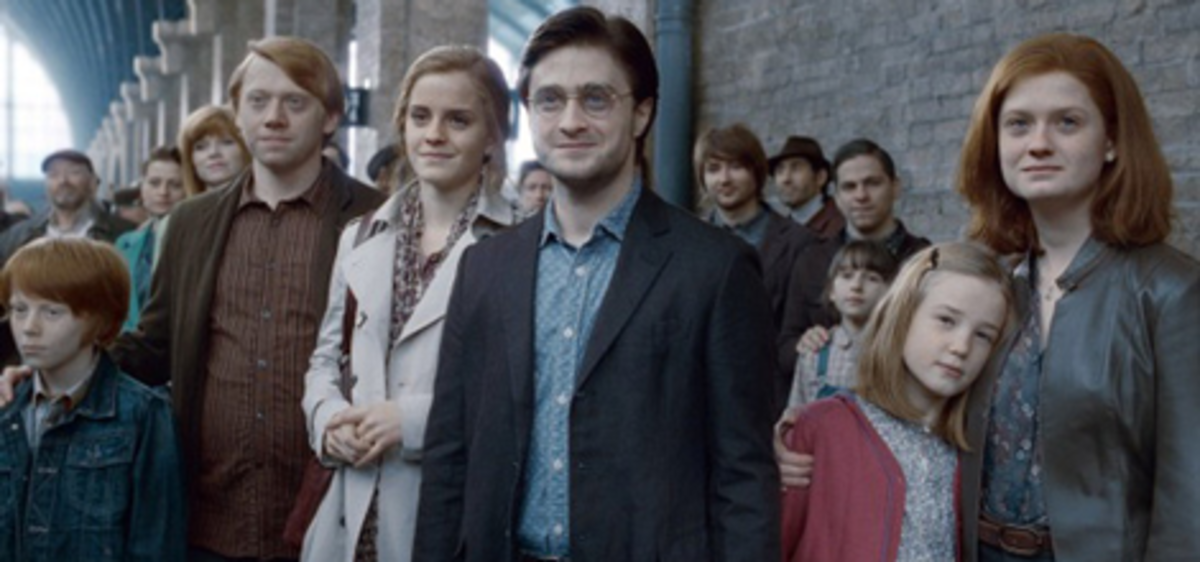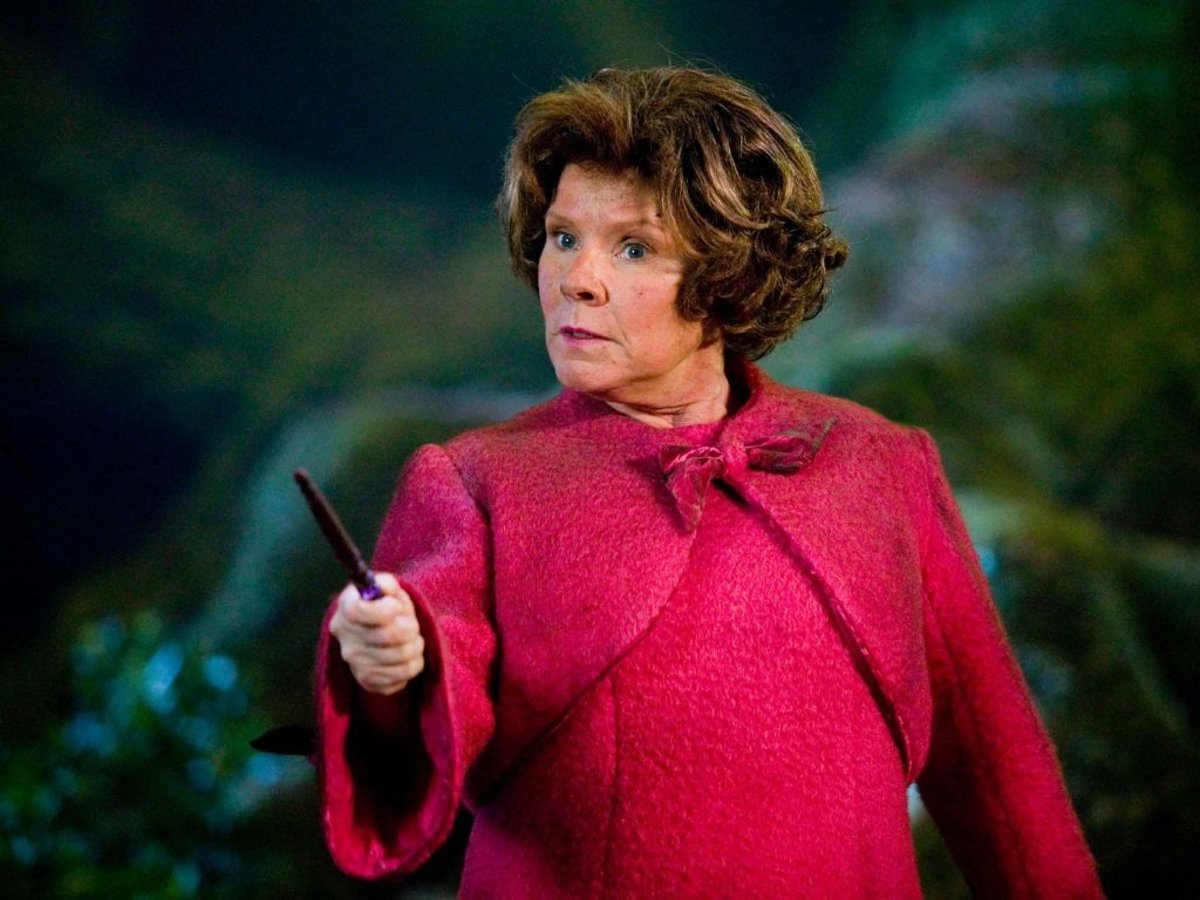- HubPages»
- Books, Literature, and Writing»
- Books & Novels»
- Books for Teens & Young Adults»
- Young Adult Fantasy, Supernatural & Sci-Fi Books
The Controversial Harry Potter Series


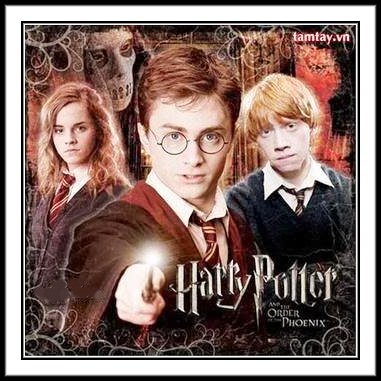
Controversy
For years the Harry Potter controversy has raged in one form or another. Some say J. K. Rowling's books are wonderful fantasy novels. And then there are those claiming Harry Potter books are evil and designed to promote occultism since Harry Potter, is a wizard.
Ms. Laura Mallory, a concerned parent, who has tried unsuccessfully to have these books removed from school libraries in Gwinnett county, GA, says the Harry Potter books idealize witchcraft. She even cited statistics indicating large numbers of students, after reading the books, have inquired about becoming a witch. However,Superior Court Judge Ronnie Batchelor’s ruling upheld a decision by the Georgia Board of Education, which had supported local school officials.
The popular book series has inflamed controversy for many families. The novels, according to some critics, are harmless children's tales. Others portray them as catalysts urging children to become involved in the occult and witchcraft. There doesn’t seem to be any middle ground. You’re either for or against.


A Young Wizard
The novels recount the life of a young wizard whose parents were killed by an evil Lord. On his eleventh birthday he receives an invitation to attend Hogwarts School of Witchcraft and Wizardry. Each book in the series represents a year of his life there.
Christians feel they have an obligation to nurture their children without subjecting them to things they feel are against the Word of God. Many parents, theologians and church heads insist subjecting young children to witchcraft and the occult is failing their duty as parents and concerned community leaders.
In the past some schools have banned such books as “Huckleberry Finn,” and “The Diary of Anne Frank.” Many children were raised reading and studying such literature and claimed they were not adversely affected in any way. In fact, they say they learned how life actually was in the difficult times the narratives were set in. It seems there have always been idealists who feel better qualified than others to decide what to read or ban. For example, Hitler tried to destroy the bible.


Rising Popularity
With the rising popularity of Harry Potter a cultural phenomenon seems to have occurred. For example, Barns & Noble, one of Americas’ largest book retailers, recently announced “Harry Potter and the Order of the Phoenix” will be their “largest seller in the history of the entire company.”
It’s also been pointed out Harry Potter novels lure children away from the internet, video games and television and reading instead.
An elementary school principal commented on how the books have positively affected reading problems at his school. He noted “once students become successful at reading it encourages them to read more.” Some parents are pleased Harry Potter has interested their children in reading, but also find the novels promote good morals.
However, some characters in the novels are evil. Rowling said in an interview for Time Magazine, “If you're choosing to write about evil, you really do have a moral obligation to show what it means.” If evil was not present in children's literature, then children would have no basis for conception of the sacred.”
Many support Rowling's efforts to improve children's literacy but opponents are swift to protest her books use of witchcraft and wizardry.
John Monk, a writer for “The State,” a Columbia, S.C. Newspaper, wrote the claim Harry Potter novels lured children to dabble in the occult is “poppycock.” He asserted “You might as well say ‘Gone with the Wind' teaches young readers to be slave owners, or ‘Treasure Island' entices children to be pirates.”
Rowling’s books have been controversial since their beginning in 1999. Parents and religious groups have expressed apprehension these stories can‘t be viewed as simple fantasy. They contest the novels' portrayal of the occult as a positive lifestyle. She argues “people have the right to decide what they want their children to read, but in my opinion they do not have the right to tell other people's children what they should read.”
While some parents do not allow their children to read Potter Books because of their graphic content, others accuse the books of being “anti-Christian.” It’s not hard to understand why some Christians are wary of the Harry Potter novels, but is it right for them to apply the “anti-Christian” label? Even if the characters aren't Biblically relevant many don’t desire for their children to read about evil characters who drink blood to gain power.
Andrew Blake, author of “The Irresistible Rise of Harry Potter” wrote, “Harry Potter isn't anti-Christian. The faith just isn't there.” In other words, children can enjoy Harry Potter books along with the abundance of other children's novels not having reference to Christian religion.
Obviously the subject is a controversial topic people will continue to disagree upon. Although many consider the stories fantasy, others will persist in believing they are a gateway to the occult.




